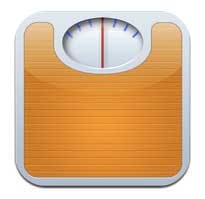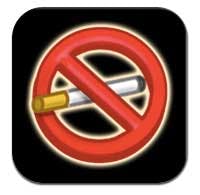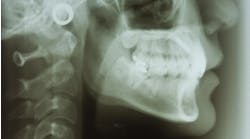Ms. Evans, in How to Stick to Your New Year's Resolutions, argues that while common knowledge dictates that goal setting should be SMART (specific, measurable, achievable, realistic and time-limited), Murphy says the key factor in sticking with resolutions isn't that the goals aren't clear or measurable, it's that people don't care enough about them.(8,9)
Instead, Murphy says goals need to be HARD (heartfelt, animated, required and difficult) to be successful. Murphy explains the keys to making this year's resolutions stick. Build an emotional attachment to your goal; create a visual representation of your resolutions; set a shorter timeline; and make your goals challenging.(8)
So, what are your New Year’s Resolutions?
Are they to attend more courses, read an article, write an article, or be more critical of the evidence when using treatments and products, and recommending them? Whatever you choose as your goal(s), take baby steps, become committed, and persevere.
Think about where you are now and where you might like to go in 2013 and beyond. How would you like to be different in 2013? Don't just focus on the superficial things but think about things that are more meaningful and in the end, maybe more satisfying. Try being more giving, grateful, compassionate, or ethical.
As we celebrate 100 years of dental hygiene in 2013, plan to attend the ADHA Annual Session in Boston in June, and the International Symposium on Dental Hygiene in August! Best of luck, and let us know your resolutions!
References
1. http://en.wikipedia.org/wiki/New_Year%27s_resolution.
2. http://techcrunch.com/2012/12/31/seven-apps-that-will-keep-your-new-years-resolutions-alive/.
3. https://www.fitocracy.com/.
4. https://itunes.apple.com/us/app/lose-it!/id297368629?mt=8.
5. http://techcrunch.com/2012/03/29/snapguide-makes-it-super-easy-to-make-and-share-how-to-guides-via-iphone/.
6. https://itunes.apple.com/us/app/my-last-cigarette-stop-smoking/id301043169?mt=8.
7. http://blog.bufferapp.com/the-science-of-new-years-resolutions-why-88-fail-and-how-to-make-them-work.
8. http://www.entrepreneur.com/blog/225366.
9. Mark Murphy, author of Hard Goals: The Secret to Getting from Where You Are to Where You Want to Be (McGraw Hill, 2010). http://www.amazon.com/Hard-Goals-Secret-Getting-Where/dp/007175346X.
Sincerely,
Maria Perno Goldie, RDH, MS
To read previous RDH eVillage FOCUS introductions by Maria Perno Goldie, go to introductions.
To read more about starting a new year, click here.











